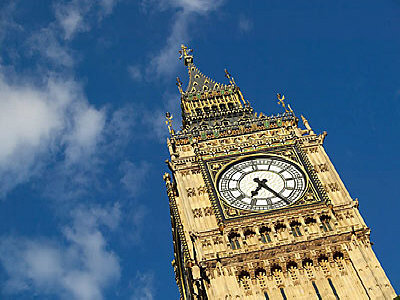State Pension Triple Lock Threat as Earnings Up 5.6%
Published / Last Updated on 17/06/2021

According to the Financial Times (FT), Wednesday’s headline was if the government decides to keep the triple lock pension pledge, Rishi Sunak could face a £4 billion bill.
The story that was running just over a year ago, projected earnings growth to measure around 5% for July 2021 (Annual growth for the rolling 3 months period May 2021 to July 2021).
The corresponding figure for July 2020 was -0.1%, this figure was irrelevant to April 2020 state pension increase as the Triple Lock floor of 2.5% took effect.
The Office for National Statistics (ONS) latest figures on Tuesday saw the average earnings data showing for February-April the annual earning growth was 5.6% which rose from 4.3% in the January-March period, making the average earnings £543.69 a week. February to April 2020 brought the base down to £537.66 a 1.1% drop across a month and by July 2020 (May-July period) average earning were £532.87.
Tuesday’s figures saw February to April 2021 average earnings at £568.01 without any further increases over the next 3 months when the data required for the Triple Lock is published in September by the ONS the annual increase for May to July would be 6% (£568.02/£532.87).
On a single monthly basis between March and April 2021 average earnings rose from £566.47 to £570.93, monthly increases of £1.53 a week in average weekly earnings could be enough to produce the 8% year on year earnings rise.
Comment
This is a tough one for the government. The triple lock was a manifesto pledge. A U-turn is almost inevitable given the costs and the need for government to 'tighten the purse strings' to pay for covid-19 debt. Many will feel that workers, in particular younger/lower paid workers have suffered the most during covid-19 financially whereas pensioners have not. Perhaps it is their turn to take some pain although it will not be popular.